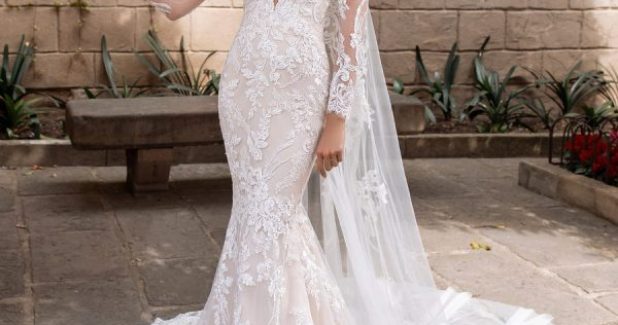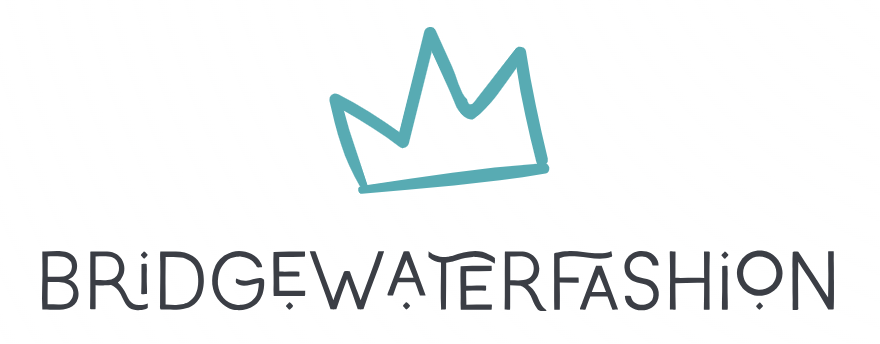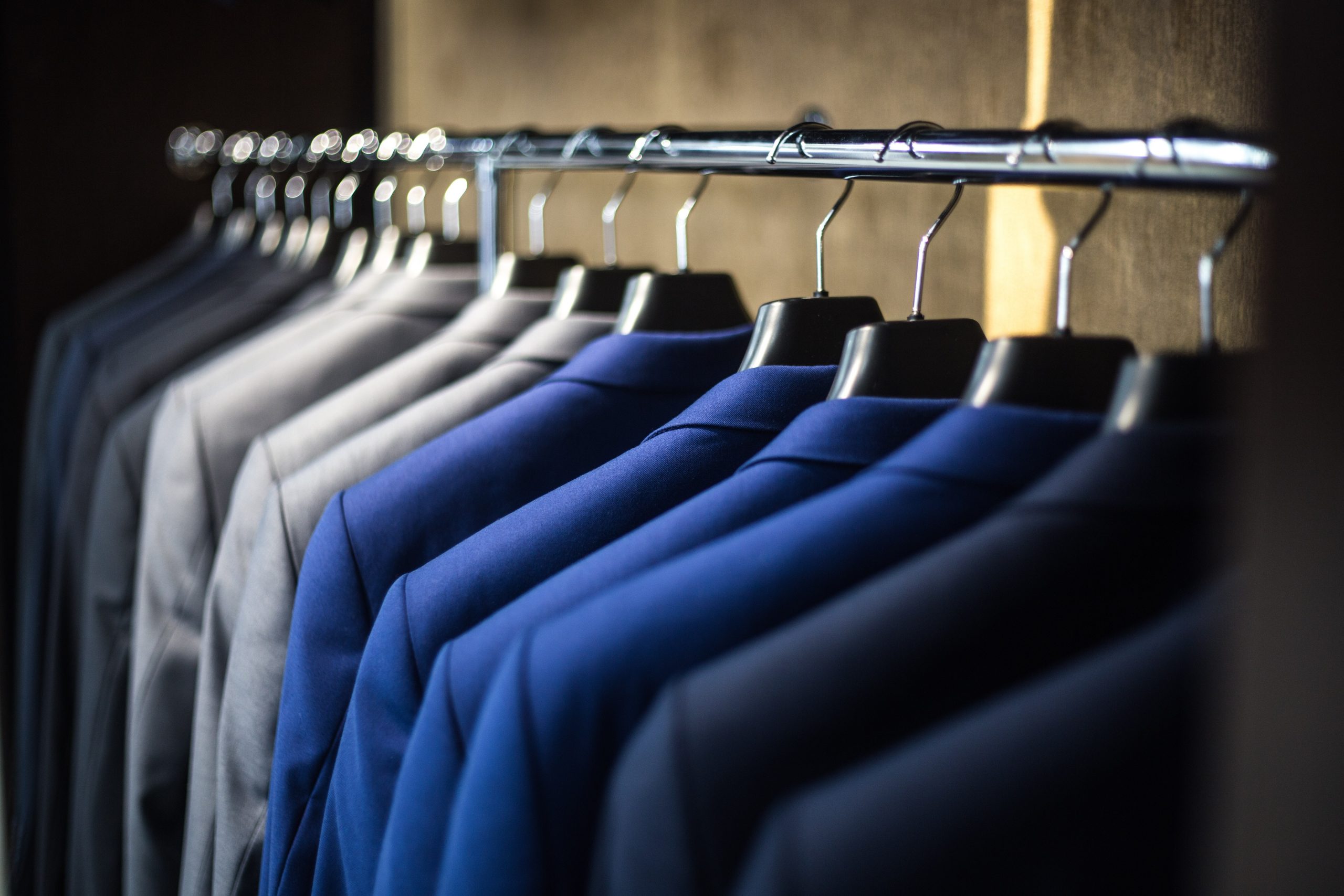Sustainable Fashion: Eco-Friendly Dresses and Ethical Brands
Dresses / / Mar 17, 2023

As the fashion industry faces increasing scrutiny for its environmental impact, sustainable fashion has emerged as a conscious and responsible alternative. Sustainable fashion focuses on creating clothing with eco-friendly materials, ethical manufacturing practices, and a commitment to social and environmental responsibility. In recent years, sustainable dresses have gained popularity as consumers become more conscious of the environmental and ethical implications of their fashion choices. In this article, we will explore the concept of sustainable fashion, the rise of eco-friendly dresses, and the importance of supporting ethical brands.
Understanding Sustainable Fashion
Sustainable fashion, also known as eco-fashion or ethical fashion, is a movement aimed at reducing the negative impact of the fashion industry on the environment and society. It encompasses various practices, including using environmentally friendly materials, implementing ethical manufacturing processes, reducing waste, and promoting fair labor practices. Sustainable fashion aims to create a positive impact on the planet and the people involved in the fashion supply chain, ultimately leading to a more responsible and mindful fashion industry.
Eco-Friendly Materials in Dresses
One of the key aspects of sustainable dresses is the use of eco-friendly materials. Conventional fashion often relies on resource-intensive fabrics like polyester and conventional cotton, which have a significant environmental footprint. In contrast, sustainable dresses utilize eco-friendly alternatives such as organic cotton, hemp, bamboo, Tencel (lyocell), and recycled fibers. These materials are grown or produced with minimal impact on the environment, reducing water usage, chemical pollution, and overall carbon footprint.
Eco-friendly fabrics offer numerous benefits. Organic cotton is grown without harmful pesticides and chemicals, benefiting the soil and water quality. Hemp is a highly sustainable plant that requires less water and pesticides compared to conventional crops. Bamboo is a rapidly renewable resource that grows without the need for excessive fertilizers. Tencel is made from sustainably sourced wood pulp and uses a closed-loop production process, minimizing waste. Recycled fibers, such as PET from plastic bottles or post-consumer textiles, divert waste from landfills and reduce the need for virgin resources.
Ethical Manufacturing Practices
Sustainable dresses also prioritize ethical manufacturing practices. Ethical brands ensure that their workers are treated fairly and provided with safe working conditions. They often partner with factories or artisans that adhere to social compliance standards, promoting transparency and accountability. By supporting brands that prioritize fair labor practices, consumers can help improve the livelihoods of workers and contribute to a more equitable fashion industry.
Reducing Waste: Circular Fashion
Sustainable fashion embraces the concept of circular fashion, which aims to create a closed-loop system where clothing is designed, produced, and disposed of in ways that minimize waste and promote recycling. To achieve this, brands are incorporating practices like upcycling, where discarded materials or old clothing are transformed into new and improved pieces, reducing waste and extending the lifespan of textiles. Some brands also offer repair and recycling programs, encouraging consumers to return old clothing for repurposing or recycling.
The Rise of Ethical Brands
The growing demand for sustainable and ethical fashion has led to the rise of ethical brands committed to responsible practices. Many emerging and established brands are now offering sustainable dresses that are both fashionable and environmentally friendly. Consumers can explore a wide range of styles, from casual and bohemian to formal and elegant, all made with eco-friendly materials and produced with ethical considerations.
Supporting Ethical Brands: The Power of Consumer Choice
As consumers become more conscious of the environmental and social impact of their fashion choices, supporting ethical brands becomes a powerful way to effect positive change in the industry. By choosing sustainable dresses from brands committed to eco-friendly and ethical practices, consumers send a message that they value responsible fashion and expect transparency and accountability from the brands they support.
Education and Advocacy
Beyond supporting ethical brands, education and advocacy play a crucial role in promoting sustainable fashion. Consumers can educate themselves about sustainable fashion practices, learn about eco-friendly materials, and stay informed about the latest developments in the industry. By sharing their knowledge and advocating for sustainable fashion, consumers can inspire others to make more conscious fashion choices and drive positive change in the industry.
Sustainable fashion and eco-friendly dresses are gaining momentum as consumers become increasingly aware of the environmental and ethical impact of the fashion industry. The use of eco-friendly materials, ethical manufacturing practices, and a commitment to reducing waste are at the core of sustainable fashion. Ethical brands play a vital role in providing consumers with stylish and responsible options. By supporting ethical brands and making informed fashion choices, consumers can contribute to a more sustainable and responsible fashion industry, ensuring a positive impact on the planet and the people involved in the fashion supply chain.













Comments 0